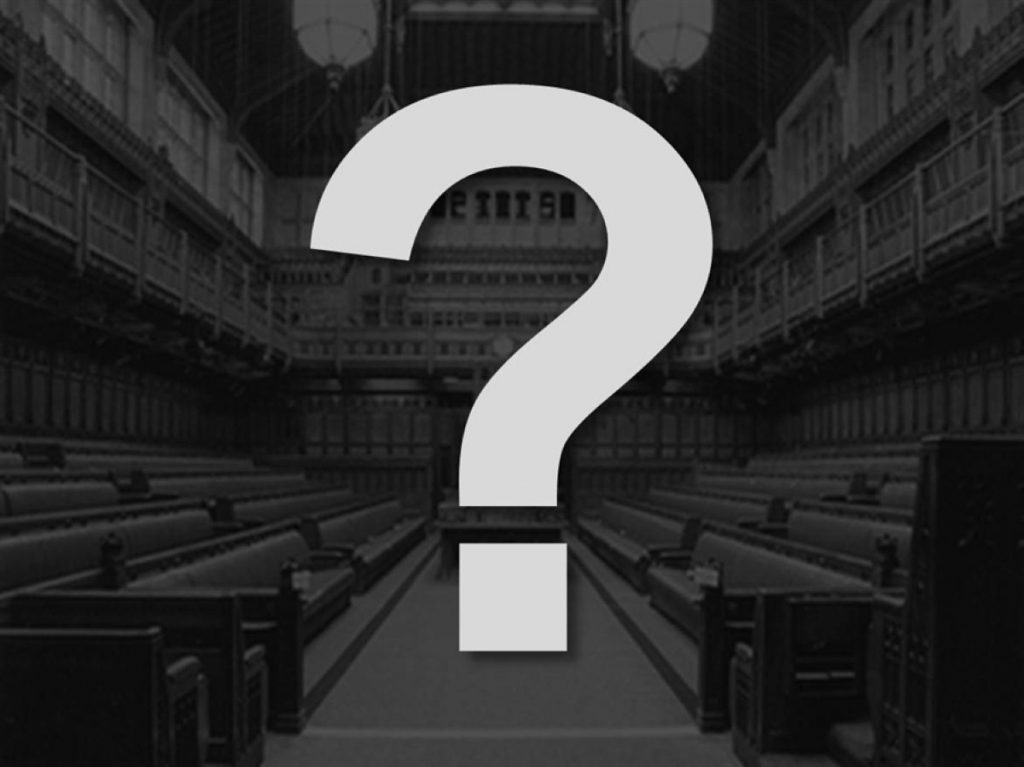Even if Labour gets fewer seats, it might still win the election
Even if Labour wins fewer seats than the Conservatives, it still has a better chance of forming a government. That's the counter-intuitive finding of a new polling technique which concluded the party has a much higher chance of getting into No10.
Both Labour and the Tories have a mere two per cent chance of forming a government on their own. In fact the race is so tight, they could both end up with precisely the same number of seats. As things stand though, it's likely the Tories will win a handful more. But crucially, the decline in both their votes actually favours Labour.
The new polling technique, which was formulated by Populus in partnership with public relations firm Hanover, is worth mentioning on its own right. First they applied a national swing from recent polls, added constituency data and Scotland-specific polls and forecast which seats each party would win. Then they used 'political intelligence' – a phrase which usually serves as a warning light for quackery – to simulate half a million different post-election scenarios: a confidence and supply agreement here, a coalition there.
Everything hinges on what 'political intelligence' data they put in. People in professional political circles – be they journalists or academics or PR gurus – love pretending that they somehow deal in scientific certainties. There's an actual academic subject called political science, which, as anyone who knows anything about politics understands, is unutterable nonsense. Politics is not physics. The variables are too severe. If these 'disciplines' had any worth they would be capable of predicting events but they never are. For all their calculations, no-one could ever have predicted madmen driving passenger planes into the Twin Towers or what followed from that event. People using political intelligence rarely consider how value-laden and subjective their 'data' is.


But the key fact they fed into their polling in this case is sound: Labour has more options for forming a government than the Tories do. The Conservatives are limited to the Lib Dems, the DUP and Ukip. Labour has the Lib Dems and pretty much everyone else. That leaves Ed Miliband more than twice as likely as David Cameron to be Britain's next prime minister.
Cameron doing a deal with the Lib Dems and the DUP produced a majority in 13% of their simulations, whereas Miliband had coalition options with the Greens and Plaid and a possible confidence and supply arrangement with the SNP.
This highlights the limitation to the Tories' optimism over Labour's collapse in Scotland. Labour's Scottish woes deprive it of any real chance of winning a majority, sure, but then the Tories don't have much chance of that either. So given that neither party will win its own right, Labour retains a Scottish advantage, because the SNP would never do a deal with the Tories, but it will with Labour.
We know that won't be a formal coalition. That would be in neither party's interest. The SNP will give Labour enough support to govern without actually getting into bed with them.
This is the great unspoken truth of the hung parliament era: it fundamentally favours the left. As liberal supporters of electoral reform know, the UK votes centre-left in every election. The splintering of the left-wing vote is what kept Labour from power so often. But once a majority becomes unlikely, the division in the left-wing vote actually becomes less relevant. These parties will work together, while the Tories will struggle to find partners.












